COVID testing and isolating rules
-

CID wrote this during COVID lockdowns.
-

Some of this information has changed now.
-

This is still on our website to show what CID was doing during COVID lockdowns.
-
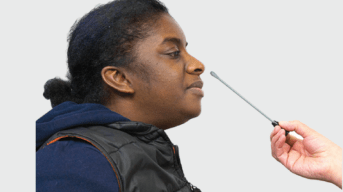
This guide tells you what to do if you test positive to COVID
It also says what to do if you are a household contact or household contact.
-
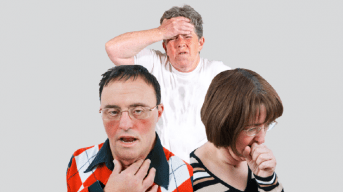
It is important you go to hospital if you
- Are dizzy
- Have trouble breathing
- Have chest pains
-
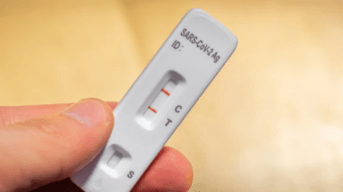
If you have COVID
You can do a test yourself to find out if you have COVID.
This is called a rapid antigen test.
Rapid antigen tests are also called RAT tests.
You can also be told by a testing centre that you have had a positive COVID test.
When you test positive for COVID you must isolate at home for 7 days.
-
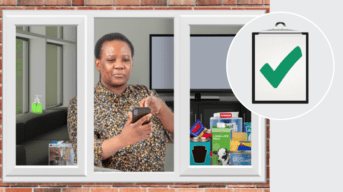
Isolate means you must stay at home.
Do not go to
- work or school
- places like shops. Get groceries delivered to your home.
- travel on public transport or taxis
You cannot visit friends.
Friends cannot visit you.
-
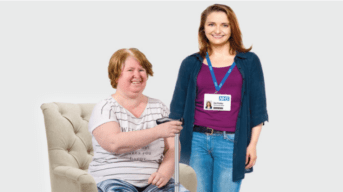
You can let people into your house for important medical or personal care.
If you have an appointment you cannot miss like a visit to
- a doctor
- family violence service
- police
You must tell them that you have COVID.
-
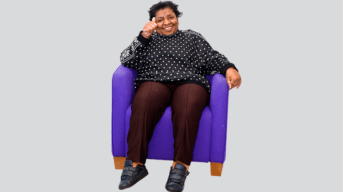
How to isolate if you live with other people
Stay in a separate room away from the other people.
-
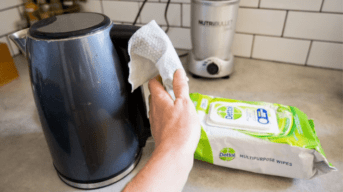
If you cannot isolate in your own room you should
- wear a mask when you walk through the house
- try to stay away from rooms when other people are in them
- wipe anything you touch
-
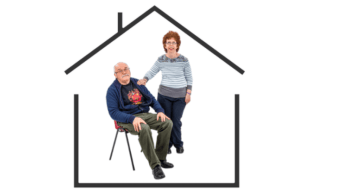
The people who usually live in your house can stay there if they cannot live somewhere else.
If they say they are household contacts.
If you live with a person who is elderly or has health issues ask the health department if they can help find them places to stay.
-
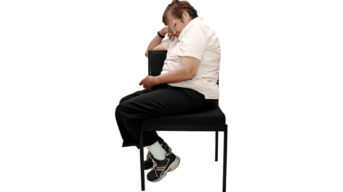
If you do not feel safe at home contact
- the domestic violence crisis service on 1800 737 732
- police on 000.
-
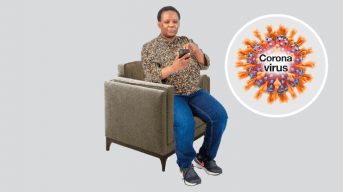
After 7 days you must do another RAT.
If it is negative you are OK to stop isolating.
If the RAT is positive you need to isolate until you get a negative test
-
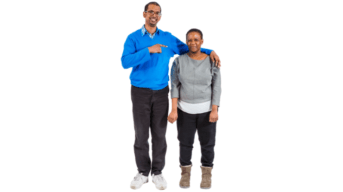
What is a household contact
You are a household contact if
- You are living with someone who has COVID.
- NSW Health says you are a household contact
-
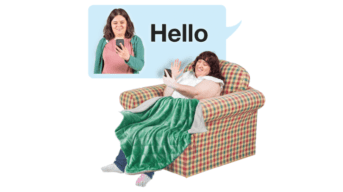
If you are a household contact
If you are a household contact of someone who has COVID and do not have symptoms you do not have to isolate.
You should not visit places where people may have health problems like aged care centres and disability services.
You should work or study from home if possible. If it is not possible you need to tell your work or the place where you study.
You must wear a mask if you are inside.
You do not have to wear a mask in your house but this might make you feel safe.
If you are going to an indoor event or to work or study you should do a RAT You should not go to big events indoors
If you have symptoms do a RAT.
-
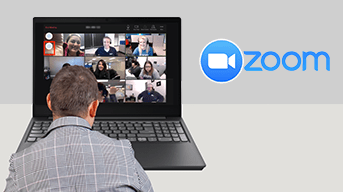
You cannot visit aged care, hospitals, disability centres.
You should work from home if possible.
-
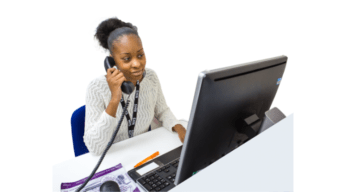
You might be told you are a casual contact through the Service NSW app.
If you start to have COVID symptoms do a RAT test.
If you test positive for COVID you must isolate and follow the rules at the top of this guide.
-

The rules can change.
For the latest rules go to the NSW Government website or call the National Coronavirus Helpline on 1800 020 080.
-

If you feel sick
- Stay home
- Call your GP or the National Coronavirus Helpline on 1800 020 080.
If it is an emergency call 000.
-

For more information call the Disability Gateway on 1800 643 787.



 1800 424 065
1800 424 065 











